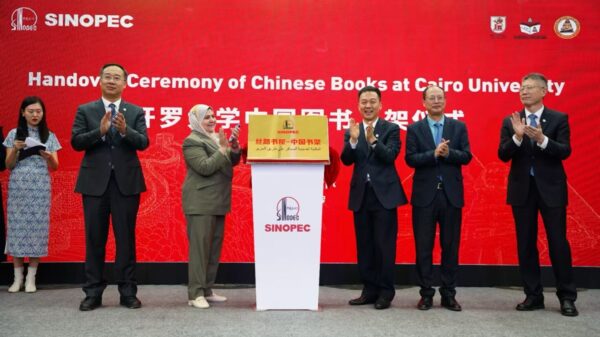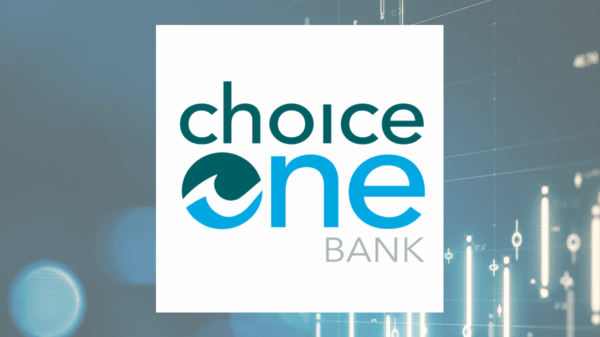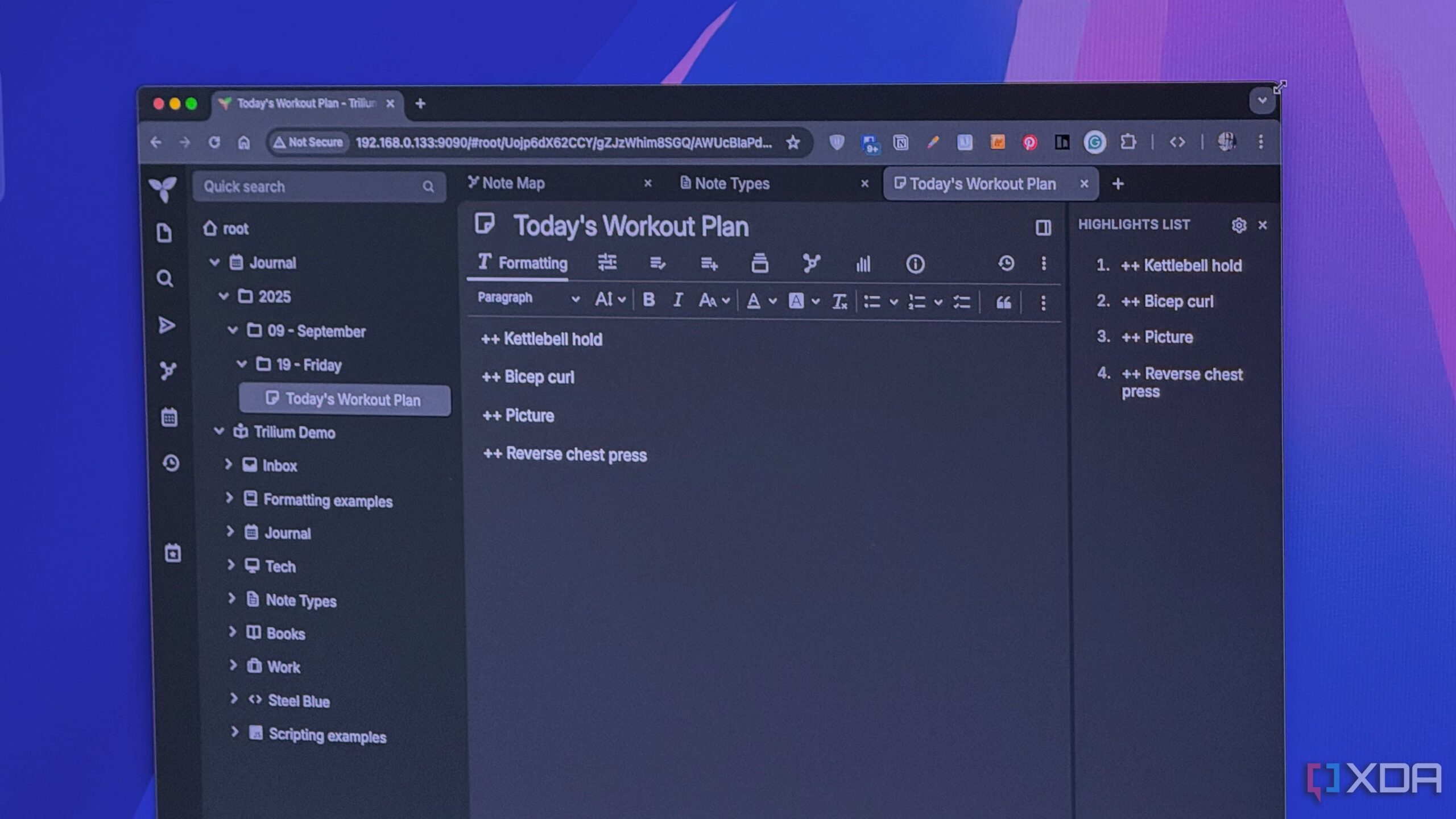URGENT UPDATE: A new self-hosted note-taking app, Trilium, is gaining significant attention as users consider it a viable alternative to Google Keep. Many users, frustrated by data ownership issues and limited features of Google Keep, are making the switch.
This development comes as more people dive into self-hosted solutions, with Trilium offering a robust structure that Google Keep lacks. Users are quickly discovering that Trilium’s tree-like hierarchy allows for better organization, making it ideal for managing complex projects and research.
With Trilium, users have full control over their data, storing all notes on their Network Attached Storage (NAS) or personal servers. This means no more worries about sudden outages or service shutdowns, as notes can be backed up and restored easily. The app’s emphasis on data ownership is resonating in today’s privacy-conscious climate.
Trilium’s functionality extends beyond basic note-taking. It features a full-fledged text editor, enabling rich text formatting, the addition of code snippets, and even tables, setting it apart from the simplistic options available in Google Keep. Users can add images, making it perfect for both short notes and long-form writing.
The app’s tag-based organization system is especially powerful. Users can apply multiple tags to each note and filter their views seamlessly, allowing for easy retrieval of hidden notes. This advanced system is a significant leap from Google Keep’s basic labeling, enhancing productivity for those who rely on note-taking for content creation.
“Trilium’s revision history is a game-changer,”
a user stated, highlighting that the ability to restore earlier versions of notes is invaluable, especially for writers. This feature is absent in Google Keep, and it helps prevent accidental data loss, giving users peace of mind.
As of October 2023, Trilium is being recognized not just as a note-taking tool but as a comprehensive personal knowledge management system. Its visual note map feature allows users to visualize interconnected notes based on tags, similar to what is offered by Obsidian, but with a more user-friendly interface.
Despite the excitement surrounding Trilium, some users still find value in Google Keep for quick, on-the-go tasks. However, many are shifting their critical notes and projects to Trilium, driven by the need for better organization and data control.
The growing trend towards self-hosted solutions like Trilium signifies a shift in user preferences, emphasizing the importance of data privacy and enhanced functionality. As more users explore these advanced features, the potential for Trilium to become a dominant player in the note-taking space is promising.
What’s Next: Users are encouraged to try Trilium and experience the benefits of self-hosting. As awareness of data ownership issues rises, we can expect more discussions around alternatives to popular apps like Google Keep.
This shift could transform how individuals manage their notes and data, making it essential for tech enthusiasts and professionals alike to stay informed on these developments.




































































